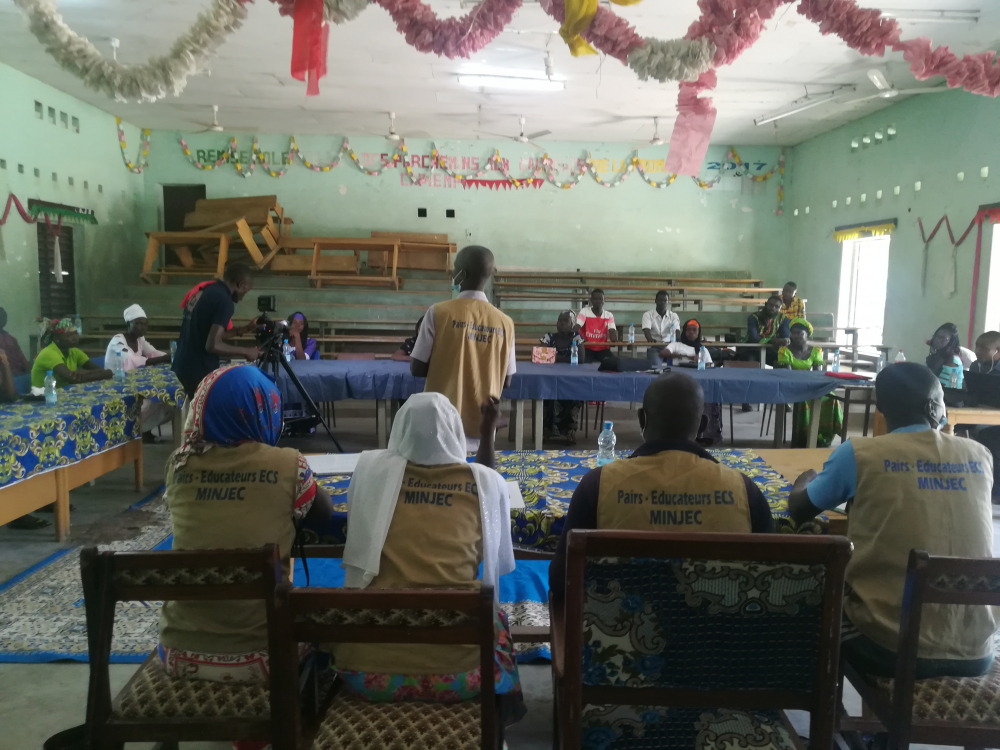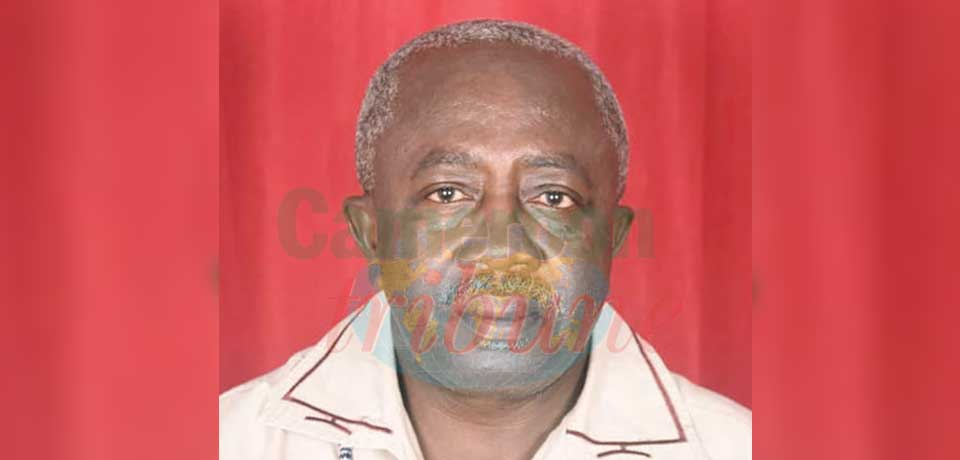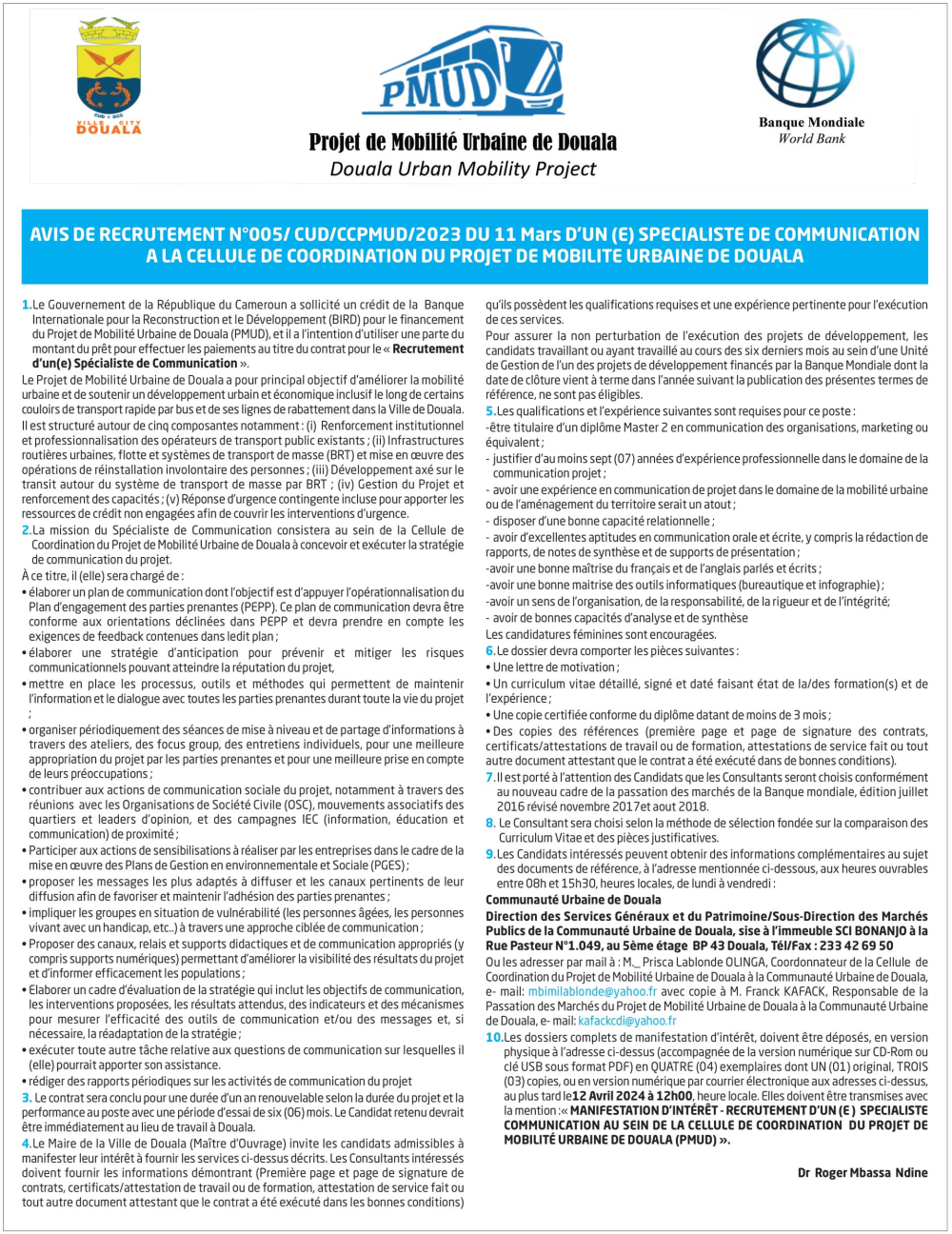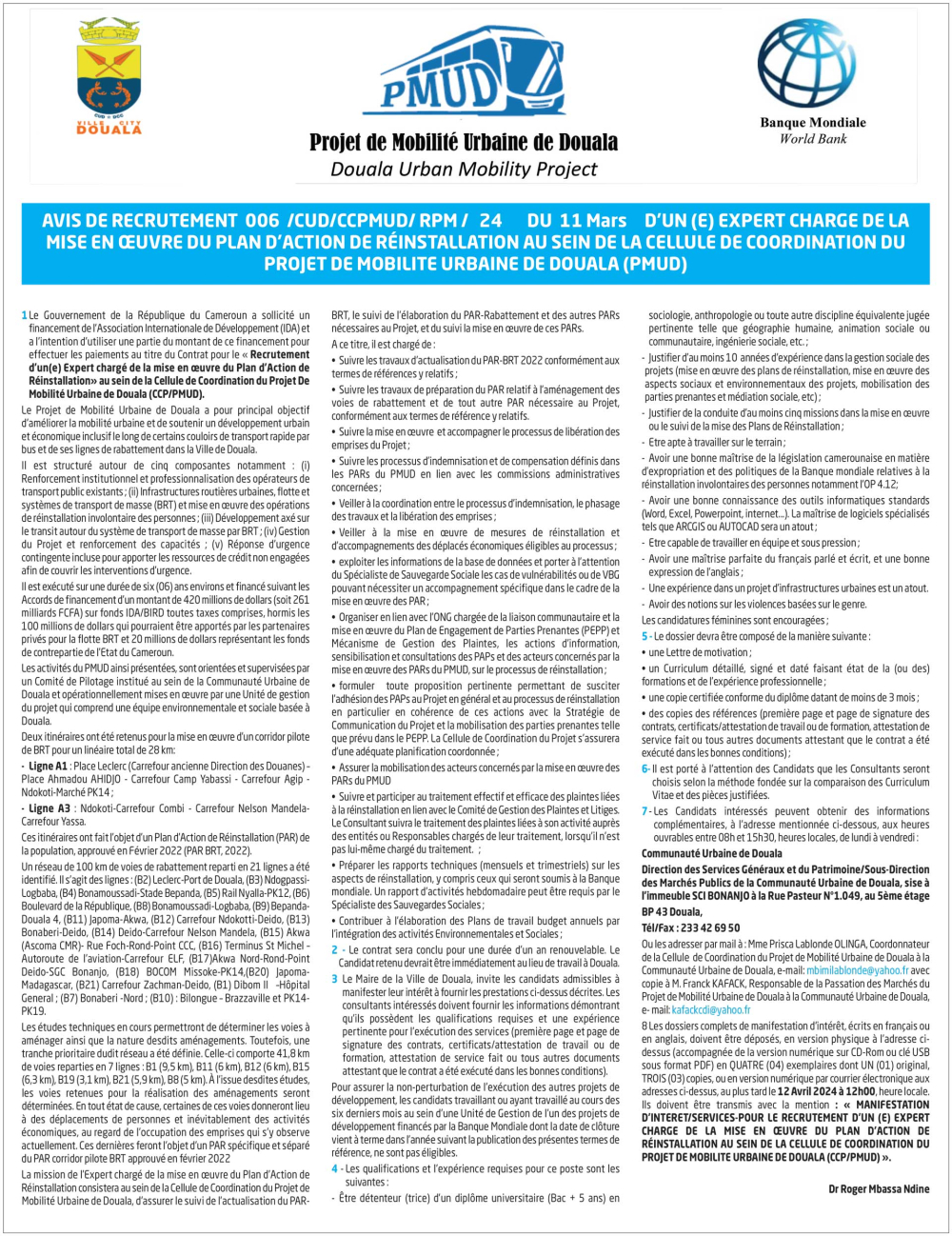Unwanted Pregnancies: Helping Young People To Say “No” To Sex
- Par Kimeng Hilton
- 30 août 2021 15:11
- 0 Likes

Peer educators in the North Region have for three years been empowering young people under the Maternal, Newborn and Infant Health Support Project, MNISHP. After receiving training from the United Nations Children’s Fund, UNICEF.
The command-like counsel to young people is, “Say no to sexual advances!” Ahmadou Moussa says. The Regional Pedagogic Inspector in the North Delegation of Youth Affairs and Civic Education, is the Focal Point for the National Multisector Programme for Combatting Maternal and Child Mortality in Cameroon, PLMI. He is also in charge of the public awareness component of the Maternal, Newborn and Infant Health Support Project, MNIHSP in the North Region.
Some 121 peer educators or volunteers have since 2018 been combing communities and neighbourhoods in the region, cautioning young people against the risks of engaging in sexual activity. And also talking about reproductive health, early sex and decision-making, abortion, HIV, etc. All these, during awareness campaigns and personal counseling. Moussa says they realised that many youth do not consult in hospitals. Because they are not used to it. Moreover, the idea scares them off!
“We therefore teach sex education and also encourage youth to consult qualified health staff. There are diseases young people can carry for 10 years without realising anything is wrong. Instead, they prefer patronising street-side quacks,” Moussa notes. “Though sex education remains a taboo in Northern Cameroon, we have a component on Communication for Development that involves religious and traditional authorities in our sensitisation. Without which, if you get to a community or family and start talking about sex education, the people will take you for a deviant,” Moussa points out.
“Behaviour change does not happen overnight,” he hastens to warn. “You need to continue to work hard. Positive change in attitude takes place gradually - usually in about 5 per cent of the population after three or four months of sustained sensitisation,” the Focal Point stresses. Nevertheless, he says they are beginning to see some changes.
“By the end of 2020, we had mobilised and sensitised 779 people of both sexes. Peer educators are split into four groups...
Cet article complet est réservé aux abonnés
Déjà abonné ? Identifiez-vous >
Accédez en illimité à Cameroon Tribune Digital à partir de 26250 FCFA
Je M'abonne1 minute suffit pour vous abonner à Cameroon Tribune Digital !
- Votre numéro spécial cameroon-tribune en version numérique
- Des encarts
- Des appels d'offres exclusives
- D'avant-première (accès 24h avant la publication)
- Des éditions consultables sur tous supports (smartphone, tablettes, PC)
















Commentaires